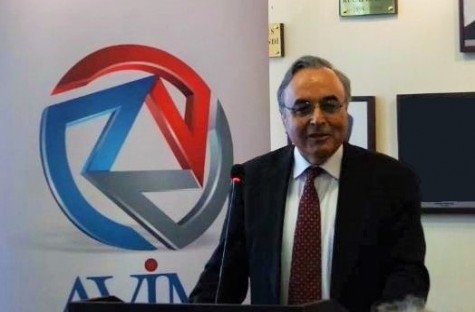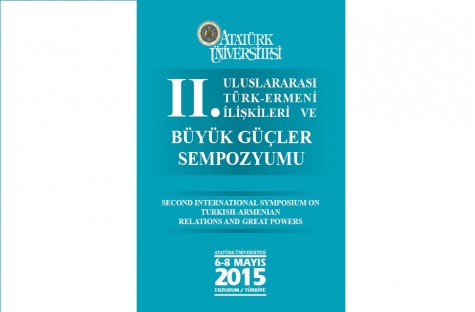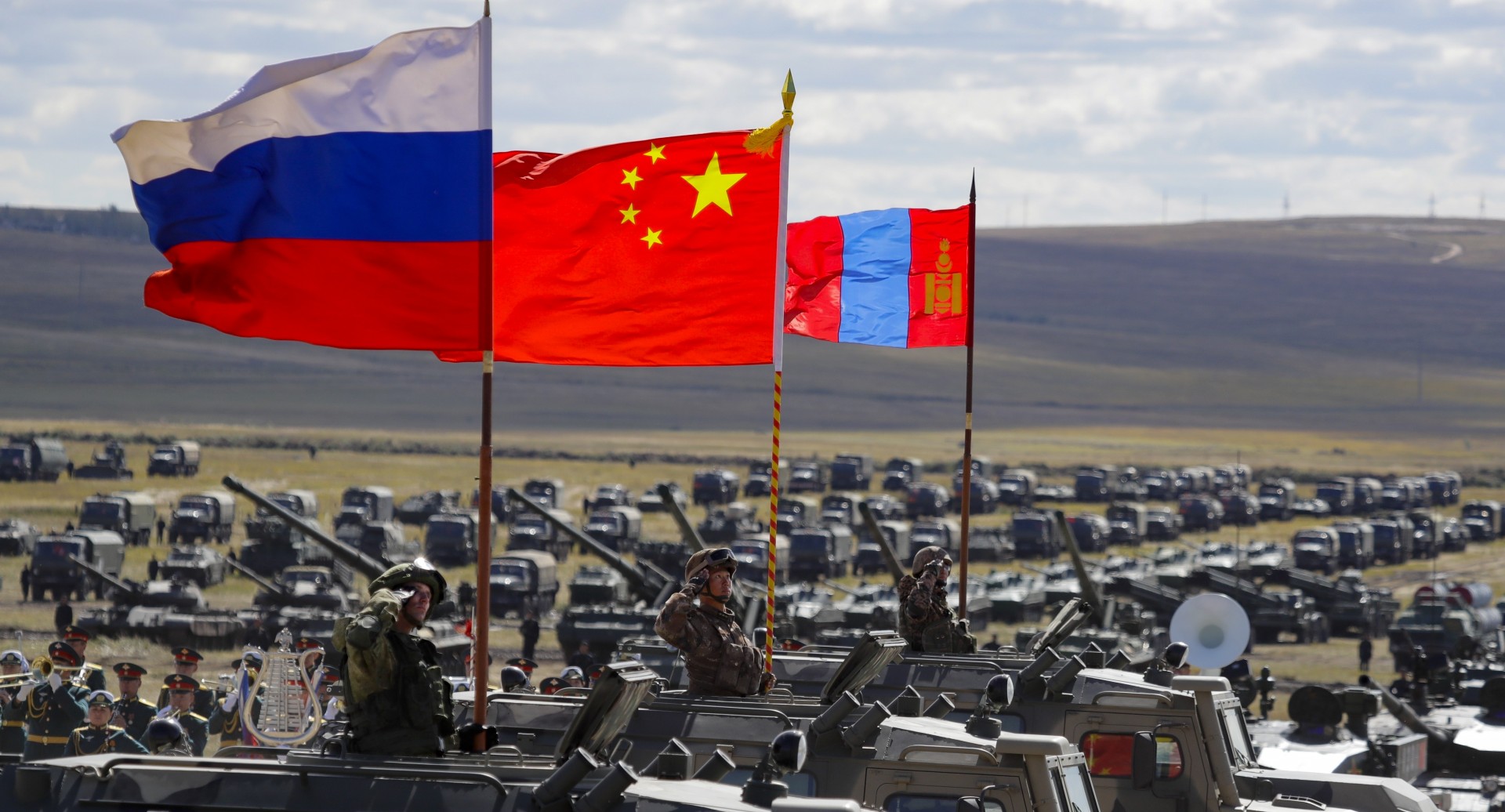The G-8 summit of 17-18 June, at northern Ireland, hosted and chaired by UK has again drawn attention to global groupings and at their functions. Initiated by the USA, together with the UK, France and Germany,with a view to adopting common policies in the face of world oil crisis of 1973, this formation has evolved into G-5 with the participation of Japan , to G-7 with Canada and Italy, getting the reputation of being wealthy countries club, has reached its current format of G-8 following the invitation of Russia to membership in 1997, presumably to acquıre a more balanced and comprehensive outlook, nevertheless has not been able to dispel the perception of safeguarding the interests of wealthy countries and established order. This latest summit in northern Ireland, where political differences could not be bridged with Russia, where the economic priorities were focused on an agreement, presented as formation of an economic alliance, for establishing a free trade area between the USA and the EU,where private investment for food was encouraged, with particular emphasis on Africa, a continent again in the eye of international competition for its untapped resources and raw material, did not help do away with those entrenched perceptions.
As the gravity of global economic growth and attraction started shifting from Europe and the West to the East, to Asia-Pacific in the era following the collapse of the Soviet Union and the end of the cold war, the emerging economies, with China and India at the fore, have taken steps and made moves with the potential of disrupting established balances. This development has necessitated a formation where emerging global economies would be represented in regulating global economic developments, hence G-20, including Turkey as member, was officially institutıonalised in 1999. Currently, the G-20 grouping, producing more than 80% of world gross product, doing 80%of world trade and having 2\3rds of world population is considered to be the most eligible economic institution for a global representation. Russia chairs the group this year. The annual summit meeting will be held in September in Russia. The rotating chairmanship will be assumed by Australia next year and by Turkey in 2015.
At the Pittsburg summit of G-20,on 25 September 2009, the leaders announced that G-20 is to replace G-8 as the main international economic council. However, the continued existence of an influential G-8 grouping within the G-20 appears to have set a precedent for the emerging economies , whereby Brazil, Russia, India and China convened in Moscow in 2009 for the first summit of a new group within the G-20, called BRIC. It became BRICS with the participation of South Africa in 2010, holding its fifth summit there last year. BRICS has defined itself as a group of developing or newly industrialized countries. It has also established an international forum encoraging commercial, political and cultural cooperation among its members. At its last summit,it has decided to create an international financial institute to rival the IMF, as a sign of its dissatisfaction with the established order.
It appears that the respectability and the efficiency of G-20 as an encompassing, comprehesive, umbrella institution is not contested. Thirteen members of G-20 are also members of two other groupings, G-8 and BRICS, Russia having the exclusivity of participating both, where differing interests are represented. In view of the fact that economic interests play a guiding role in shaping foreign policy decisions and economic rivalry defines the causes of major wars, at an era when economic balances are subject to change and as the center of gravity of economic and political weight is shifting, the importance of the existence and role of the institution of G-20 is clear in
realizing the establishment of new balances in peace and stability. At the very east of Europe and the very west of Asia and at the nexus of Eurasia, Turkey needs to be well prepared and conscious , at the center of these developments, as she is to assume the chair of this global economic council in the year 2015.
© 2009-2025 Center for Eurasian Studies (AVİM) All Rights Reserved
 IT IS NOT SURPRISING TO SEE THE FRENCH AND RUSSIAN SUPPORT FOR THE ARMENIAN ALLEGATIONS AND CLAIMS
IT IS NOT SURPRISING TO SEE THE FRENCH AND RUSSIAN SUPPORT FOR THE ARMENIAN ALLEGATIONS AND CLAIMS
ARMENIAN HATE-MONGERING HITS THE INTERNATIONAL JUDICIAL WALL
 THE SECOND INTERNATIONAL SYMPOSIUM ON TURKISH-ARMENIAN RELATIONS AND GREAT POWERS ORGANIZED BY ATATÜRK UNIVERSITY IN ERZURUM ENDS TODAY
THE SECOND INTERNATIONAL SYMPOSIUM ON TURKISH-ARMENIAN RELATIONS AND GREAT POWERS ORGANIZED BY ATATÜRK UNIVERSITY IN ERZURUM ENDS TODAY
 THE OUTCOMES OF VOSTOK 2018
THE OUTCOMES OF VOSTOK 2018
 WHAT IS THE WORLD COUNCIL OF CHURCHES?
WHAT IS THE WORLD COUNCIL OF CHURCHES?




























